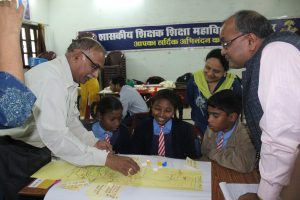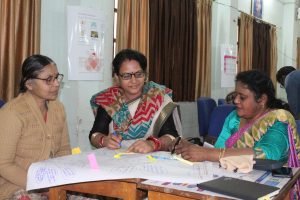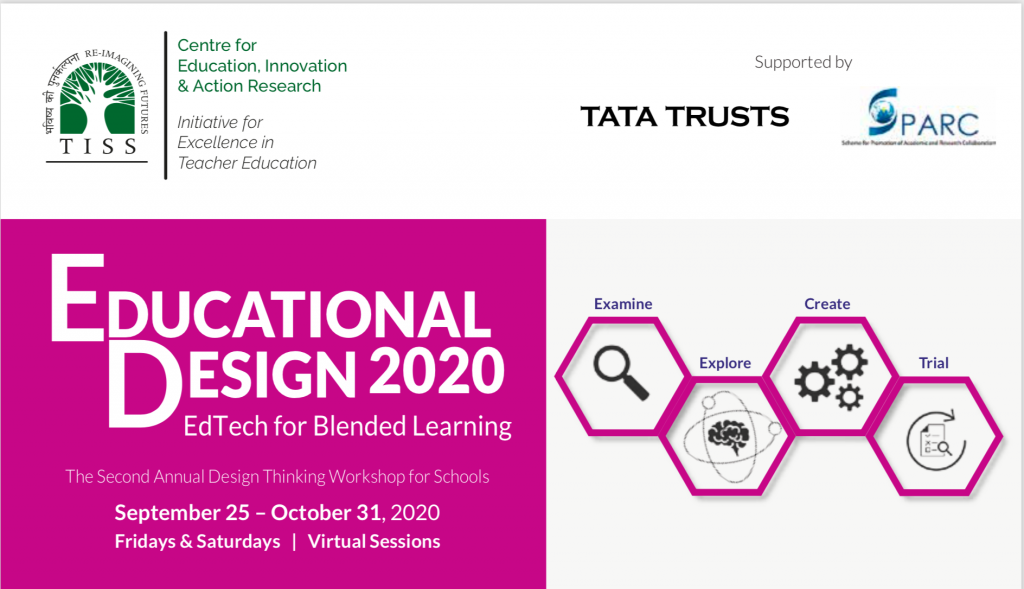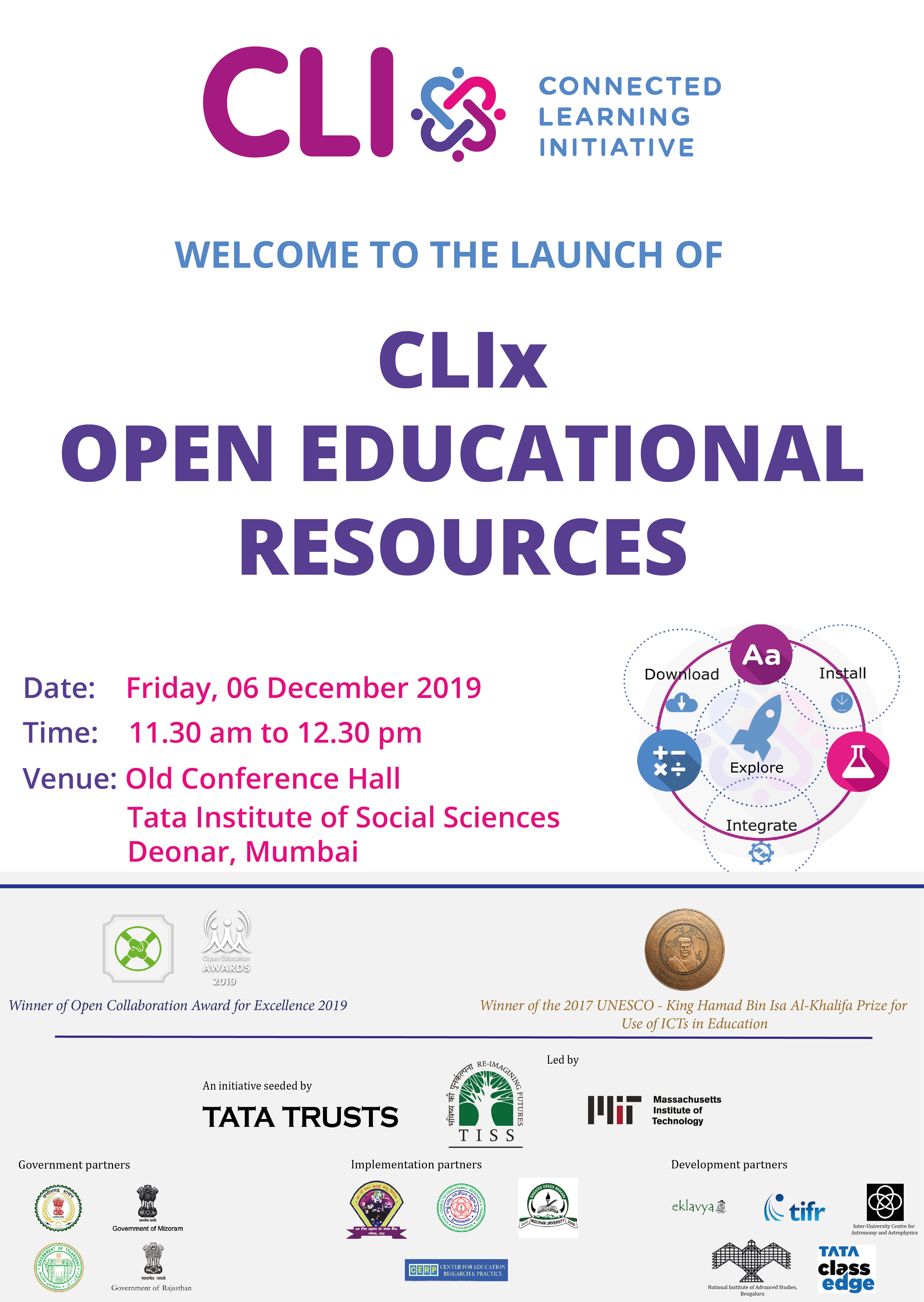Design Thinking Workshop – Chhattisgarh
The second Design thinking workshop was held in Raipur, Chhattisgarh from 27 to 29 January 2020. This workshop was primarily designed for “Teacher Educators” as the participants were from teacher education institutions of Raipur like College of Teacher Education, Institute of Studies in Education (IASE), District Institute of Educational Training (DIETs) and State Council of Educational Research and Training (SCERT). The objective of the workshop was to make teacher educators aware of the design thinking process and understand the affordances and constraints of the different types of resources (including ICT based resources) which can be used in the teaching-learning process. The three-day workshop was a fun-filled activity and a good learning experience for all of us.
During the workshop, participants were engaged in various stages of the design thinking process including identifying a teaching-learning problem, ideation and working towards developing/curating a teaching-learning resource to meet the learning objectives identified by them. Starting from videos, participants analyzed, compared and explored several digital tools and resources like Geogebra, CLIx OER resources, PHET, etc for integrating them in their teaching-learning plan.
Senior teachers are believed to be resistant and not open to new ideas and engage actively in workshops but it was refreshing to see how few senior faculty members were thrilled and engaged enthusiastically, especially with the ICT based resources and trying to explore and learn its uses.
“It was a good learning and thinking opportunity, it will be very useful for school teachers, we can share this idea with our pre-service teachers” – Participant
Based on teachers’ interests, groups of 3 to 4 were formed to work on the teaching-learning problem identified by them. Besides the groups working on trigonometry and fractions in mathematics and digestive system and material classification in science, some groups identified interesting problems like “sensitization about Gender” and “ developing creative writing ability”. Initially, we worked on analyzing the teaching problem with each group and ideating on ways of addressing it without using technology. Following this, groups designed a paper prototype and revised it further based on comments received from facilitators as well as peers. The most exciting part of the workshop was when a few students from a middle school came to the workshop to play-test the prototypes that teachers had designed. Teachers were amazed by students’ comments, play-testing observation helped teachers to reflect on their own perceptions and assumptions about their learners, it helped them to rethink about their design. In later part of the workshops, groups explored several examples of ICT based tools that were related to the problem that they have identified and explored how or what aspects can be found useful to address the problem.
Our biggest learning from the workshop is about how one can facilitate integrating design thinking with Pedagogical Content Knowledge (PCK) on one hand while also working on the dimension of technology to it.
Omkar Balli, Co-PI & Lead-Implementation
Ruchi Kumar, Assistant Professor
CEIAR






Comments are closed.